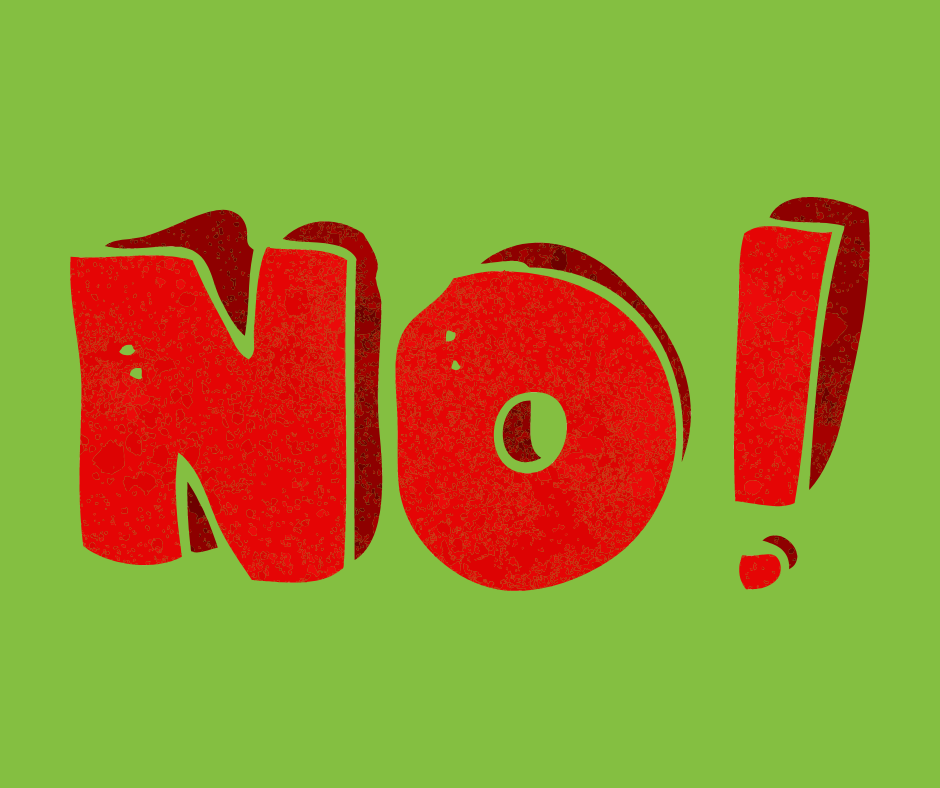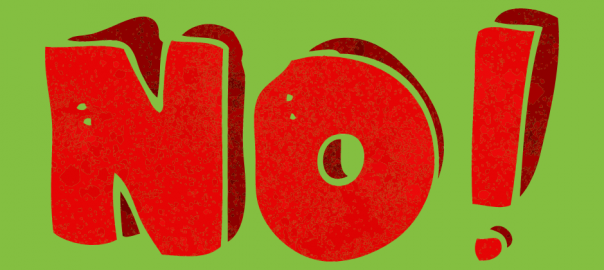— November 2, 2018

What I will discuss in this article is counterintuitive. I also write this with an admitted hint of hypocrisy, which I will share openly to further illustrate both its importance and the challenges it creates. It seems so easy to say “no” but proves so hard when it refers to business and brand growth. Not saying it, however, can have devastating effects on your business and on you.
When we are focused on growth, too often we say “yes”. Yes, to more geography. Yes, to more shelves in more retailers. Yes, to promotional programs and to price discounts. We even say yes to adding employees or taking on investment. Not all of those yesses turn out wrong, but too many do.
It is vital to know your no. You must create guardrails for every aspect of your business and the way you interact within it. This takes discipline and a true commitment to your strategy. But, I know of little else that is as important and impactful as saying “no” at the right time.
I am a believer, with few exceptions, in the importance of going narrow and deep when first building a brand. You cannot do that without saying no. It is too easy to be ensnared by the allure of expansion or by the review-calendar of that dream retailer. Saying no, while so hard, can be so right for the business.
It is not just sales opportunities that prove this hard. I see the same when it comes to taking on investment. Raising capital is scary, challenging, and often a must. Yet, raising it under the wrong terms or with the wrong investor can be worse.
I mentioned at the onset that I write this with some noted hypocrisy. I too struggle with saying no. Not so much to the call of growth as described above, but rather, to the pull of the business itself. Where I need to improve to become a more effective entrepreneur is to say no to meetings, travel, and at times to work itself. I feel a compulsion to say “yes”. I fear disappointing clients. I have FOMO about events and worry that the success I enjoy will be fleeting if I don’t work constantly. Logically, I understand that by doing so I risk being overextended, depleted, less effective. That still doesn’t make saying no any easier.
How do we become better at saying no? I think it starts with putting to paper our criteria. Create a decision tree that helps lead to a clear yes or no. In addition, since saying no takes discipline which is hard to leverage in the heat of the moment, I think it is important to create speed bumps. Don’t make a commitment in a meeting. Rather, let them know you will follow up. Then go back and review your decision tree. Lastly, share your guardrails. In my case, I’ve been talking with my assistant who helps me manage my schedule. I’ve asked for her help in challenging me to stick to my no.
It is counterintuitive to recognize that saying no is a growth strategy and a path to greater effectiveness but, it’s both. To achieve the sustainable success we all want, we must know our no and get comfortable saying that short but incredibly powerful word.
Business & Finance Articles on Business 2 Community
(65)
Report Post







